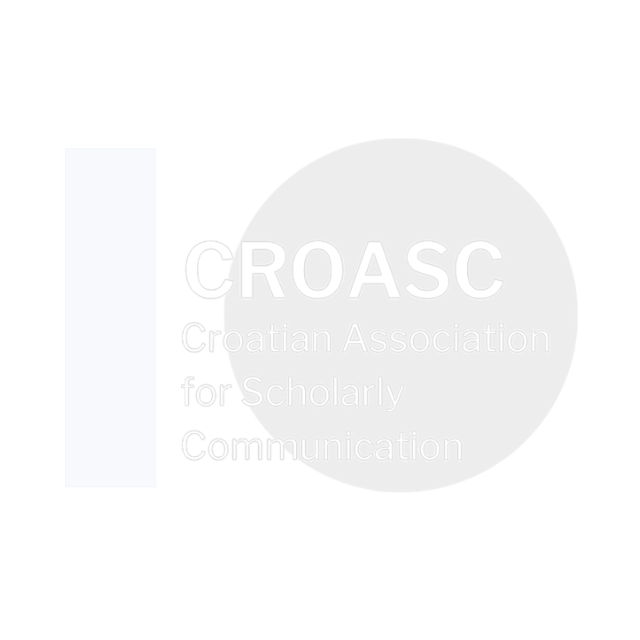Is the repository infrastructure ready for the implementation of Secondary Publication Rights and Rights Retention?
short talk × thursday × 11.30-13.00
Ana Lazarova
Sofia University “St. Kliment Ohridski”, Digital Republic Association
Sofia, Bulgaria
Eric Luth
Wikimedia Sverige
Stockholm, Sweden
iva melinščak zlodi
University of Zagreb, Faculty of Humanities and Social Sciences
Library
Zagreb, Croatia
In the European Research Area, there is a clear commitment to advancing Open Science, with the ERA Policy Agenda identifying the open sharing and reuse of research outputs as a top priority. Achieving this goal, however, requires changes to the legal and regulatory frameworks that govern copyright. This need is further underlined in the UNESCO Recommendation on Open Science (2021), which defines open scientific knowledge as including publications that are openly accessible and licensed to allow reuse, redistribution, and adaptation. It stresses that any copyright transfer or licensing should not hinder immediate open access to scientific publications. In alignment with these principles, the European Commission has prioritized the development of a copyright and data framework fit for research (European Commission, 2022), including analysis of legal barriers that prevent researchers and institutions from providing open access, and the consideration of mechanisms such as Secondary Publication Rights (SPR) and Rights Retention (RR).
In light of these developments, it becomes important to assess whether repositories across Europe, in terms of their metadata quality, are adequately equipped to support the implementation of these rights. Current evidence suggests this is not always the case: some institutional and national repositories lack standardised fields for recording and displaying licensing or copyright metadata, while others use these fields inconsistently or fail to present this information clearly. As emphasised in recent studies (Treadway et al., 2025; Labastida et al., 2023), repository readiness is an important factor in how effectively RR and SPR policies can be implemented. Well-functioning repositories support Green Open Access, facilitate compliance with institutional and funder mandates, and enable the broader application of open licensing strategies. Where such repository capacity is absent or inconsistently applied, the adoption of rights retention policies or exercising secondary publication rights already guaranteed by some national laws may be delayed or fragmented.
Furthermore, from a practical standpoint, the dissemination, visibility, and reuse potential of repository content depend on the clear communication of usage rights in both machine- and human-readable formats. When reuse is subject to conditions, such as when licenses more restrictive than CC BY are applied, metadata records must include information about the rights holder, i.e., the individual or organisation authorised to grant permission for reuse.
This presentation will present an upcoming mapping project: a community-driven mapping initiative that examines how several national repository networks and aggregators handle metadata related to copyright status and ownership, and licences for reuse. The mapping exercise will be carried out through the Knowledge Rights 21 programme’s network of National Contacts (https://www.knowledgerights21.org/about/national-coordinators/), in countries where these roles have been established.
Building on existing frameworks such as those employed by the OpenAIRE network and the European Open Science Cloud (EOSC), the study explores gaps, variations, and promising practices in metadata implementation. Furthermore, it opens a discussion on the potential use of rightsstatements.org as a standard for communicating rights information across repositories in the Open Science ecosystem.
keywords
repositories; metadata; Secondary Publication Rights; Rights Retention
References
Commission: Directorate-General for Research and Innovation. (2022). European Research Area policy agenda: overview of actions for the period 2022-2024. Publications Office of the European Union. https://data.europa.eu/doi/10.2777/52110
Labastida i Juan, I., Melinščak Zlodi, I., Proudman, V. & Treadway, J. (2023). Opening Knowledge: Retaining Rights and Open Licensing in Europe. Zenodo. https://doi.org/10.5281/zenodo.8084051
Lazarova, A. (2024). Conceptualising the Right to Secondary Publication. In C. Sganga & T. E. Synodinou (Eds), Flexibilities in Copyright Law, Routledge, Forthcoming, Available at SSRN: https://ssrn.com/abstract=4934531
Treadway, J., Labastida, I., Melinščak Zlodi, I., & Proudman, V. (2025). Building bridges to Open Access. Paths to Institutional Rights Retention in Europe 2024 (Version v1). Zenodo. https://doi.org/10.5281/zenodo.15078315
UNESCO Recommendation on Open Science. (2021). https://doi.org/10.54677/MNMH8546










